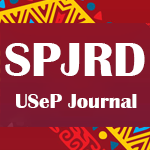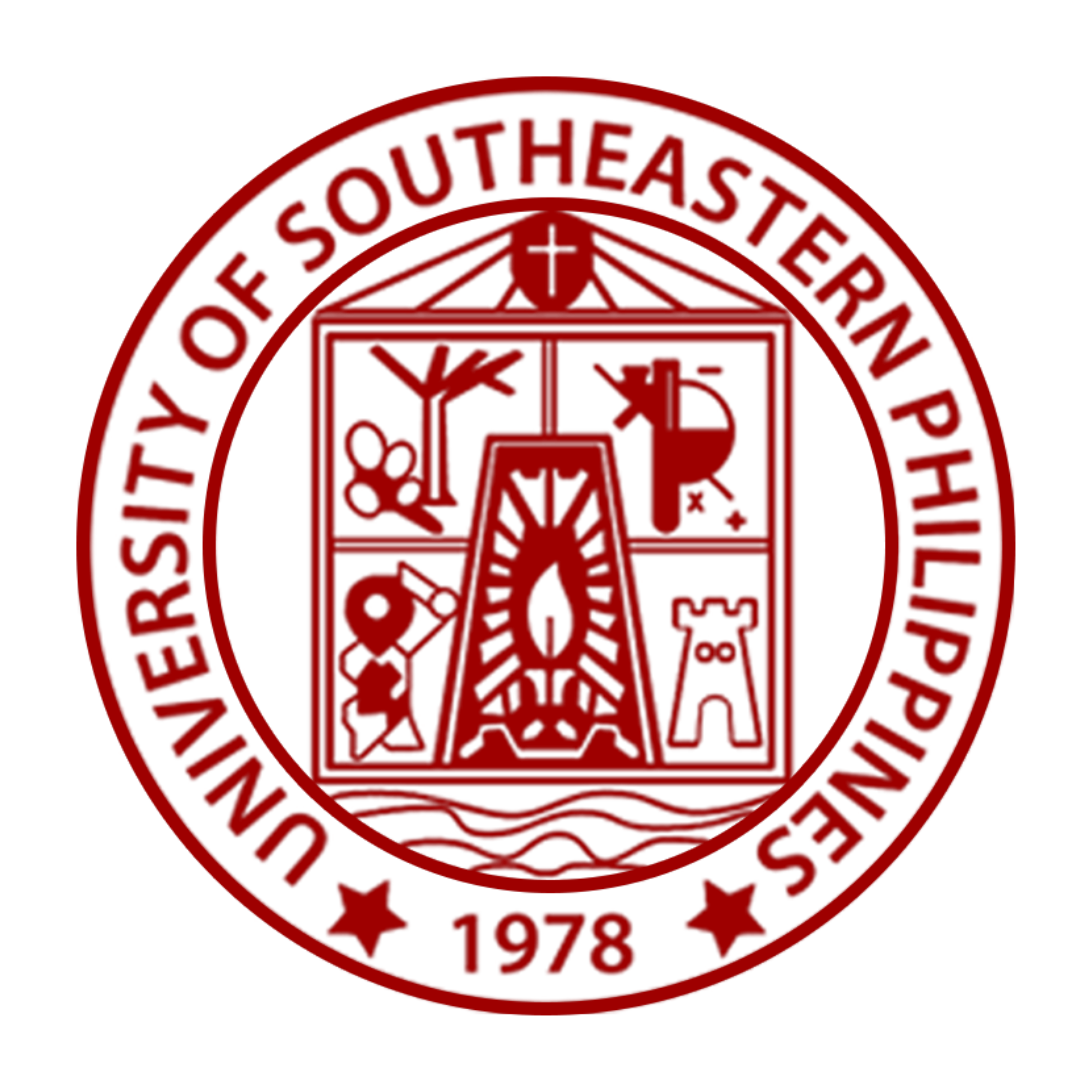
The University of Southeastern Philippines (USeP) is dedicated to enhancing its partnership with the Indigenous Cultural Communities/Indigenous Peoples (ICCs/IPs) and the National Commission on Indigenous Peoples (NCIP) in the Davao Region. The Institute of Languages and Creative Arts (ILCA) and NCIP held a two-day consultation on May 2-3, 2024, to review the progress of documenting indigenous knowledge, systems, and practices (IKSP) related to disaster preparedness. They also discussed plans for a sustainable extension project aimed at supporting these communities.
On the first day of the consultation, the College of Arts and Sciences (CAS) was well-represented, with Dean Prof. Dr. Marnie Grace I. Sonico, Associate Dean Asst. Prof. Joy R. Risonar, and ILCA Head Mr. Francis N. Reginio in attendance. Prof. Dr. Catherine M. Roble, project leader of the Pangandoy program, along with the extension head, Asst. Prof. Josephine May Grace A. Famoso and Matanem Renante D. Talabon from the Tagabawa IP School also attended the meeting.
NCIP Technical Management Services Division (TMSD) Chief Shirley B. Iguianon emphasized that the partnership is a part of the commission’s thrust toward introducing Philippine State Universities with the ICCs/IPs as the starting point. She said, “Our indigenous communities are at the forefront of the Mindanaon identity. We are reminded of what we all know to be true—we all love our region and community—through their legacy, history, and ongoing cultural customs. The region has many things to cherish, the most important of which is our identity as a Dabawenyo, a Mindanaon, and a Filipino people.”
CAS Dean Prof. Dr. Marnie Grace I. Sonico led the team, sharing the College’s and the University’s dedication. “We adhere to the view that by respecting Mindanao’s historical roots and the ICCs/IPs, we enhance the IP identity, strengthen the Dabawenyo and Mindanao brand, and serve as a timely and important reminder to our fellow Dabawaneyos or Mindanaons that there are, in fact, a lot of things to love about the Region and Mindanao—and that love begins with each of us as a member of the community, including our indigenous peoples. Because of this, CAS has actively pursued cooperation with the NCIP to demonstrate our constant commitment to respecting our ICCs/IPs and providing them with avenues to express their opinions and rights,” Dean Prof. Dr. Sonico said.
Associate Dean Asst. Prof. Joy R. Risonar expressed her gratitude to the NCIP for their valuable partnership: “The commission and the ICC have been extremely supportive of all the research and extension projects.” She considers it an honor and privilege to collaborate with the NCIP on the IKSP Book 2 Project and Pangandoy extension initiative. She added: “Through these initiatives, we always aim to involve the ICCs/IPS in creating a more inclusive education system. We believe this collaboration will pave the way for a more stable and secure future.”
During the second-day meeting, NCIP Regional Director Atty. Geroncio R. Aguio shared his plans with College of Arts and Sciences ILCA Head Mr. Francis N. Reginio, Program Leader Assoc. Prof. Sajed S. Ingilan of IKSP 2 and the Pangandoy Extension Program, and IPD Director Assoc. Prof. Dr. Daisy T. Besing, to promote and empower the existing Indigenous Political Structure (IPS) and the culture of peace. “Not only will the respect of the ancestral domains as a special economic zone strengthen our ICCs, but it will also empower our existing IPS, improve the socioeconomic standing of the ICCs, and supply enough food, health care, education, and environmental protection, as well as justice, human rights, security, and good governance,” Atty Aguio said.
IPD Director Assoc. Prof. Dr. Besing positively responded that USeP will forever support the commission. “We really hope to make a difference in the increasingly pressing need for peace education. As a State University transforming communities in the region, we are responsible for closing the gap between academe and the ICCs by providing access to high-quality literacy and community extension programs in vulnerable communities. Promoting cultural collaboration, empowering women and young people via community-based education, and enhancing the use of heritage are a few strategies for advancing our commitment to a culture of peace,” Dr. Besing articulated.
Assoc. Prof. Ingilan supports the establishment of fruitful collaborations for social or community-based programs. “Establishing more fruitful collaborations for social or community-based programs, which is this University’s primary goal, is focused on building a culture of peace and responsible governance. Its principles are controversial and complex, with varying interpretations proposed by many institutions and organizations, which is why USeP, as a state university, is committed to closing these gaps.”
In accordance with its mission of transforming communities in the ASEAN and beyond, USeP is committed to establishing ties with the ICCs/IPS and the NCIP through regional research and extension programs. This strategic partnership aims to promote sustainable development and foster mutually beneficial relationships.
#TransformingLivesAndCommunities




















